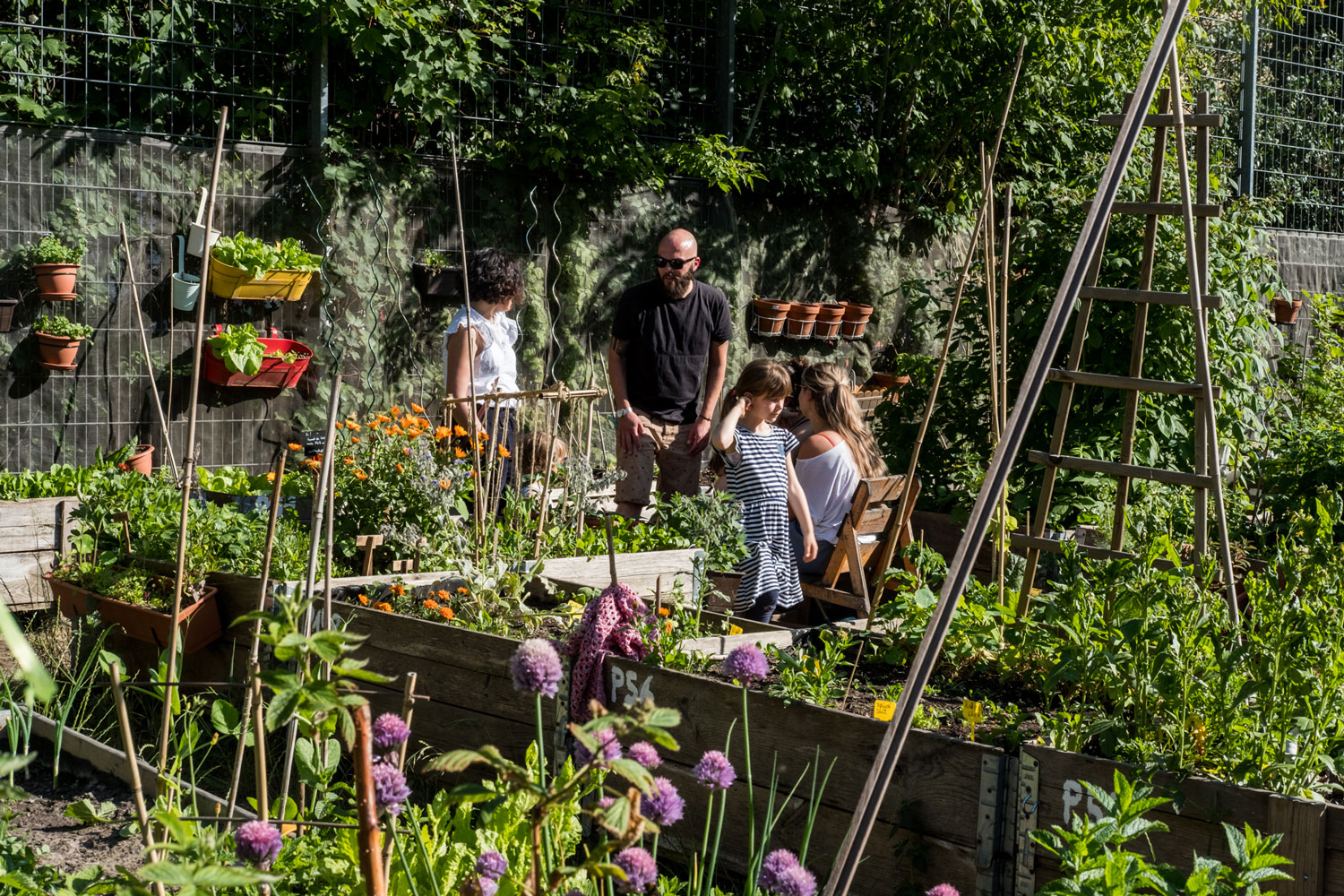
There are many benefits to garden composting. The first benefit is that it is simpler than you think. The best thing about it is that you can start it right away. You will need a large bowl, organic materials like banana peels, eggshells, and coffee grounds. Put all the ingredients in a bowl. Let them rest for at least 24 hours. Then, add the compost to your garden soil. Continue to add organic matter as needed.
To compost food and paper wastes, you must make sure that they do not contain oils. You can then place them in a spot in your garden that is about 12 inches deep and wide enough to fit your scraps. After a few months, the food and paper products will break down into green and brown matter that provides nutrients to your plants. Garden composting is an excellent way to enrich your soil and make it healthier.

After you have made your compost pile, you will be able to add it to the soil. This will allow compost to absorb nitrogen. Combine your compost with other organic fertilizers in order to create a complete mixture. This will reduce the amount you have to apply fertilizer to your plants. It is possible to add organic fertilizer to your existing gardening plans if you prefer to use it.
If you'd like to get started, the best time to add compost to your soil is in the fall. The warm soil from the summer will warm the compost, allowing it to begin decomposing before the beginning of the growing season. Living in a region that is rainy will give you the benefit of not needing to worry fertilizing chemicals. If you're looking for a quick fix to get your plants growing, compost will help you get there.
Garden composting also has the added benefit of increasing plant growth. Composting will make the soil more porous, which allows water to drain better. Composting can improve the health of your plants and reduce trash, which can pose a problem for the environment. Get started today with organic matter in your garden. You can reap the many benefits of garden composting, as well as a healthy environment.

Not only is composting good for the garden, but it also helps to improve the soil. The organic matter found in your compost pile forms soil aggregates that make it easier for plants to absorb and use water. Moreover, it will introduce beneficial organisms into your soil, such as worms, which break down organic materials. These organisms will help improve the soil's structure by breaking down organic material in your compost pile. Your plants will thrive if you compost more.
FAQ
Does my backyard have enough space for a garden?
It's possible to wonder if you will have enough space for a vegetable or fruit garden if your current one is not available. Yes. A vegetable garden doesn't take up much space at all. It's all about planning. You could make raised beds that are only 6 inches tall. You can also use containers as raised beds. Either way, you'll still get plenty of produce.
When to plant herbs?
Herbs should be planted during springtime when soil temperatures reach 55degF. They should be in full sun to get the best results. Basil indoors can be grown in pots with potting mixture. They should be kept out of direct sunlight until they grow leaves. Once the plants begin to grow properly, you should move them into bright indirect lights. After approximately three weeks, transplant them into individual containers. Continue to water them as needed.
What is a planting schedule?
A planting plan is a list of plants to be planted at different times each year. The goal of the planting calendar is to increase plant growth while minimizing stress. For example, early spring crops like lettuce, spinach, and peas should be sown after the last frost date. Spring crops later include squash, cucumbers, summer beans, and squash. Fall crops include cabbage, potatoes, cauliflower, broccoli and cauliflower.
What's the best way to keep my indoor plant alive?
Indoor plants can last for many years. However, it's important to repot your plant every few months to help promote new growth. Repotting is easy; simply remove the old soil and add fresh compost.
Statistics
- 80% of residents spent a lifetime as large-scale farmers (or working on farms) using many chemicals believed to be cancerous today. (acountrygirlslife.com)
- As the price of fruit and vegetables is expected to rise by 8% after Brexit, the idea of growing your own is now better than ever. (countryliving.com)
- According to a survey from the National Gardening Association, upward of 18 million novice gardeners have picked up a shovel since 2020. (wsj.com)
- Most tomatoes and peppers will take 6-8 weeks to reach transplant size so plan according to your climate! - ufseeds.com
External Links
How To
How can I keep weeds away from my vegetable gardens?
Weeds are one of the biggest threats to growing healthy vegetables. They can compete for water and nutrients, sunlight, space, and other resources. These tips can help prevent them taking over your garden.
-
Dig up all plants when they flower
-
Remove any plant debris around the base of the plant
-
Mulch can be used
-
Water regularly
-
Rotate crops
-
Do not allow the grass to grow.
-
Keep soil moist
-
Plant early
-
Harvest often
-
Add compost
-
Avoid chemical pesticides
-
Produce organic vegetables
-
Get heirloom seeds
-
Start small
-
Learn about companion planting
-
Be patient
-
Enjoy gardening!